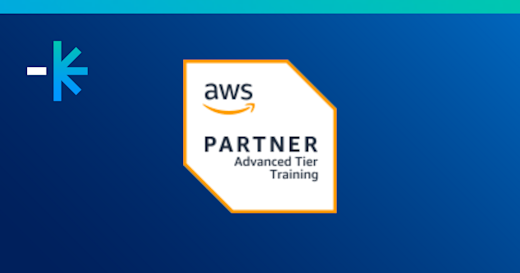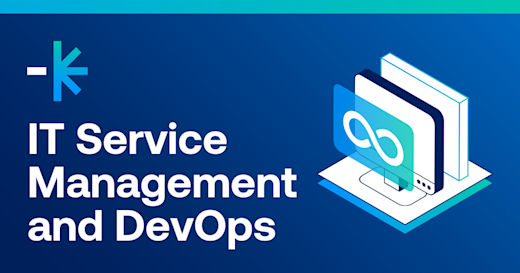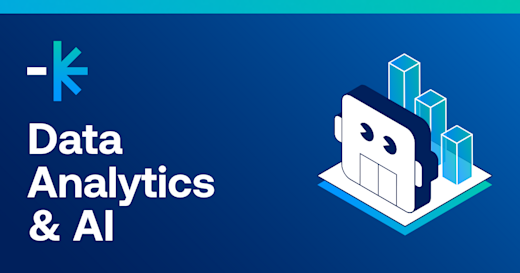Got a question? Call 1800 853 276 | Login
In 1979, the British rock band Pink Floyd released “The Wall”, a concept album that went on to become a classic. One of the tracks resonated with me and my fellow classmates, as we all stood on stage at our school assembly singing “We don’t need no education”. The thing is, we probably believed it too.
I still love that album (it’s been on my Walkman/iPod/iPhone forever) but I don’t believe those lyrics any more.
The fresh faced 14-year-old from that assembly is now 52 and realised long ago that actually, yep, you do need that education and you don’t have to eat your meat to have any pudding. (Google it).
Education takes many forms – it could be a book, a five-day course or the research to achieve a PhD. Over many, many projects, organisations and individuals, I’ve distilled it down to a simple phrase:
Education really is the key to unlocking potential (in projects, organisations and people).
As I look at my family, my daughter is on a predictable trajectory. We provide support and guidance, she gets up and goes to Notre Dame University in Fremantle at least three times a week. She started studying medicine and now wants to be a paramedic. We’ve always said, it’s ok to not know what you want to do for the rest of your life at the age of 18.
What about children who don’t have the support or role models to help them on their way? Enter The Smith Family.
The Smith Family is a children’s charity helping disadvantaged Australian children to get the most out of their education, so they can create better futures for themselves. DDLS is a long-term supporter of The Smith Family. We provide several forms of support from mentoring to training for their IT teams.
Recently we hosted children at our Melbourne and Sydney offices for a two-day event called “Work Inspirations”. We were in good company as organisations such as Microsoft, SAP, Woolworths, McDonalds and Audi also participate.
For the Melbourne session, we invited the children into our boardroom and made them members of the board. Using DDLS Anywhere technology, our CEO, Mal Shaw, joined from Dallas, I joined from Perth and other participants joined from Sydney. Mal talked about his role as CEO and how a business functions. Chris Austin led sessions on innovations in learning, including the aforementioned DDLS Anywhere. I told my story of how education was the key to any success I had experienced.
It wasn’t a one-sided two-hour lesson but a full two days of experience inside a modern organisation. Active participation was encouraged. We even looked at psychometric testing and mapped that to potential careers. Apparently, I’m a “go getter” with a short attention span. Oh look, a cloud. As it happened, I was in the office on the second day and so I got to meet the team. I can tell you, they were great. Receptive, funny, unique and WILLING to learn. The very opposite of 14-year-old me who knew everything and needed no additional education. We talked about where they might like to work. Many picked DDLS. I’m assuming the ice creams helped. I believe we opened their eyes.
Mentoring and The Smith Family
I’ve also been part of The Smith Family iTrack mentoring program for nearly five years.
For up to 18 weeks a year, I flag an hour of my week as busy, and spend that time chatting to a child. Not a child like my daughter who gets the support, but a child from a disadvantaged background. It’s not about being a teacher, or a parent, it’s about being an objective third party. I believe you can’t communicate effectively unless you can see the world the way the other person sees it, so about two-thirds of my chats are banter. I’ve mentored children with no role models, no perception of how education and work collide. The remainder of the time I try and nudge them into learning more about options such as TAFE, universities and their first steps into the workforce. For me, mentoring is about providing options and things to think about, not shrink-wrapped answers. Like many things in life, this isn’t an exact science. Remember these children come from disadvantaged communities – it is truly humbling to chat to a child who has no immediate role models. A potential job for one child came from experiences playing on a friend’s Xbox. I learnt that not every child in Australia has access to the internet. I should have known that of course, but it’s difficult to not assume that we all have the same terms of reference.
More than 20 DDLS members of staff have provided over 350 hours of time to assist in this programme. Interestingly, the majority of mentors and mentees are girls. I asked my mentee last year why this was. “Boys don’t think education stuff is cool,” was his response. This is ironic given that I have read that girls avoid STEM education compared to boys.
Education is the key that unlocks opportunities when you are younger; learning is the key that unleashes potential (and opprtunities) when you get older. These children are the future work force, doing jobs that may not even exist today. Treat them well, train them well, and our pensions will be paid.
I work in education to help make a difference. With the work we do with The Smith Family, I get to make a difference from the enterprise to the outback.
You can find out more about The Smith Family and their mentoring program here – you do need a working with children card, training, and be happy to have everything you say to your mentee recorded and reviewed.
Thanks for reading. Please consider supporting The Smith Family.




